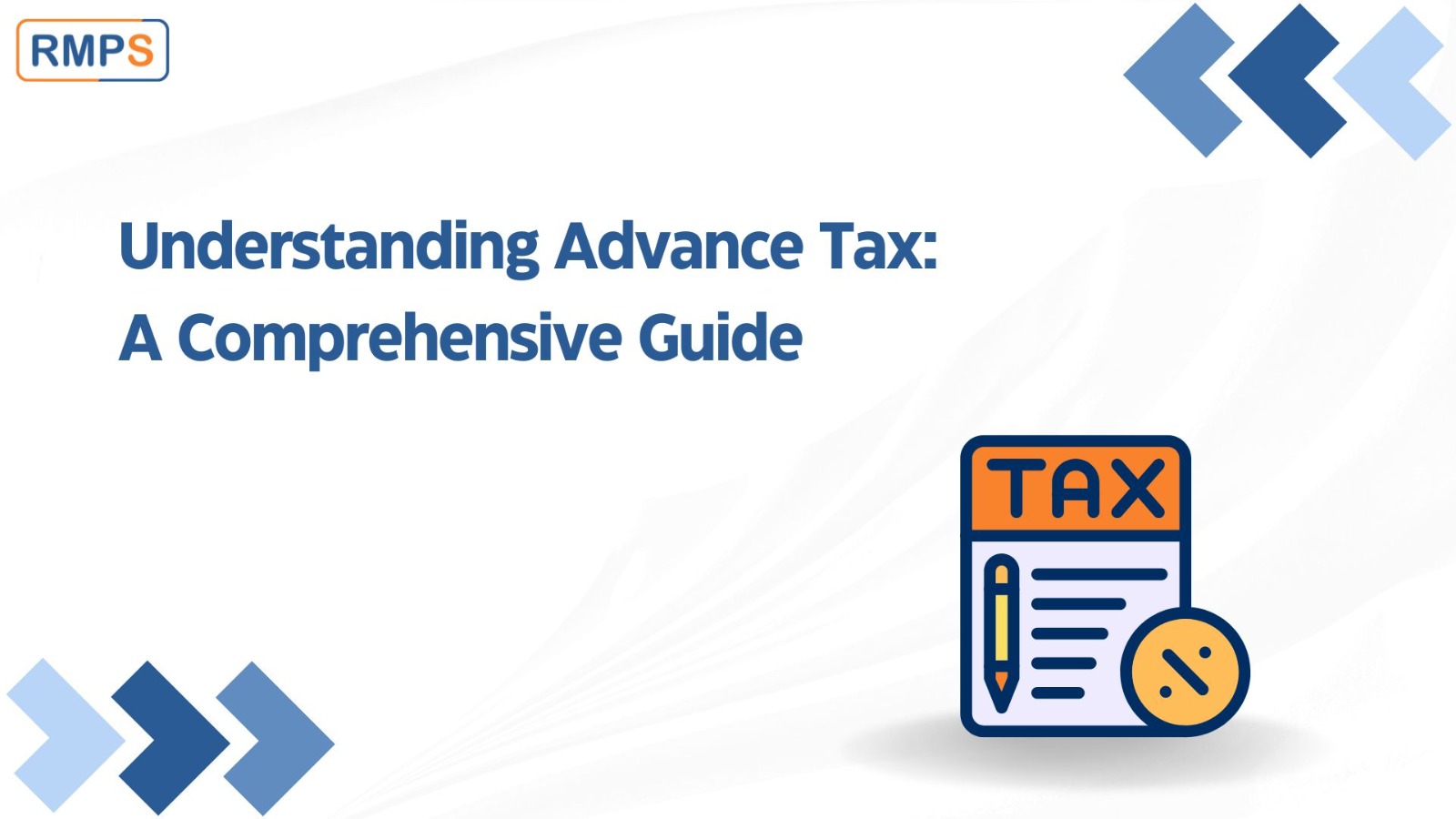
Advance tax is an essential part of income tax management in India. It allows taxpayers to spread their tax payments throughout the financial year rather than making a large payment at the end. This guide will explain what advance tax is, who needs to pay it, important due dates, and how you can pay it online.
What is Advance Tax?
Advance tax is the income tax that individuals and businesses pay in parts during the year as they earn income. Instead of paying a large amount at the end of the financial year, taxpayers make smaller payments as per a schedule set by the Income Tax Department.
Who Should Pay Advance Tax?
Advance tax is mandatory for anyone whose total tax liability exceeds ₹10,000 in a financial year. Here’s who needs to pay:
- Salaried Individuals, Freelancers, and Businesses: If your total tax liability is over ₹10,000 in a financial year, you must pay advance tax.
- Senior Citizens: Those aged 60 or older are exempt from advance tax if they do not run a business. However, senior citizens with business income must pay it.
- Presumptive Income Taxpayers: Taxpayers who have opted for the presumptive taxation scheme under Section 44AD (for businesses) or Section 44ADA (for professionals) must pay their entire advance tax in one installment by 15th March.
Important Due Dates for Advance Tax Payments
For the financial year 2024-25, the due dates for advance tax payments are as follows:
- 15th June: Pay 15% of the total advance tax
- 15th September: Pay 45% of the total advance tax (minus any already paid)
- 15th December: Pay 75% of the total advance tax (minus any already paid)
- 15th March: Pay 100% of the total advance tax (minus any already paid)
For taxpayers under the presumptive taxation scheme, the full amount is due by 15th March.
How to Pay Advance Tax Online
Paying advance tax online is simple. Follow these steps:
- Visit the Income Tax e-Filing Portal.
- Click on ‘e-Pay Tax’ under the ‘Quick Links’ section.
- Enter your PAN, mobile number, and confirm it.
- Enter the OTP received on your mobile and click ‘Continue’.
- Choose ‘Income Tax’ and proceed.
- Select the Assessment Year (2025-26) and choose ‘Advance Tax (100)’.
- Enter your tax details.
- Choose your preferred payment method and bank.
- Preview the details and click ‘Pay Now’.
- Save the acknowledgment for your records.
Late Payment Interest
If you fail to pay your advance tax on time, interest penalties may apply:
- Section 234B: If you pay less than 90% of your tax by 31st March, you’ll incur interest at 1% per month on the unpaid amount.
- Section 234C: If you miss any due dates (June, September, December, March), a 1% interest per month will be charged on the shortfall.
How to Calculate Your Advance Tax Liability
To compute your advance tax, follow these steps:
- Estimate Your Total Income: Include income from all sources such as salary, rentals, and capital gains.
- Apply Deductions: Subtract deductions like those under Sections 80C and 80D.
- Calculate Your Tax: Use the current income tax slab rates to compute your tax liability.
- Account for TDS: Subtract any tax deducted at source (TDS) from your total tax liability.
If your tax liability after TDS exceeds ₹10,000, you must pay advance tax.
Arriving at Tax Payable or Refundable
Once you’ve paid your advance tax, you need to assess your overall tax liability:
- Tax Payable: If your total tax liability exceeds the advance tax paid, you will need to pay the remaining amount.
- Tax Refundable: If your advance tax payments and TDS exceed your total tax liability, you will be eligible for a refund.
Conclusion
Advance tax ensures that taxpayers don’t have to make a large payment at the end of the year. By understanding the payment structure, due dates, and how to calculate your liability, you can manage your taxes efficiently and avoid penalties.
LinkedIn Link : RMPS Profile
This article is only a knowledge-sharing initiative and is based on the Relevant Provisions as applicable and as per the information existing at the time of the preparation. In no event, RMPS & Co. or the Author or any other persons be liable for any direct and indirect result from this Article or any inadvertent omission of the provisions, update, etc if any.
Published on: September 18, 2024
